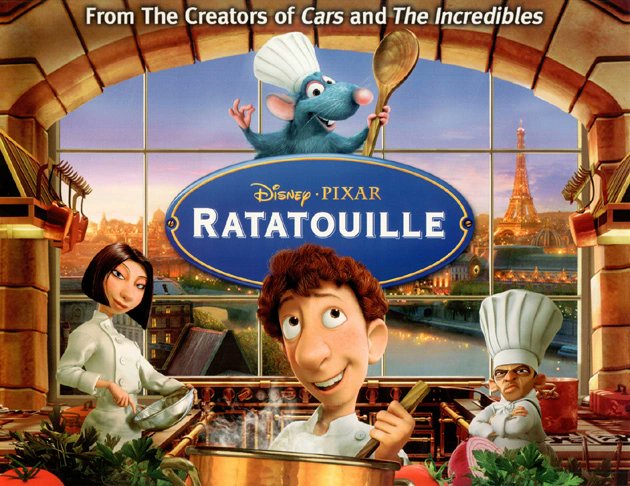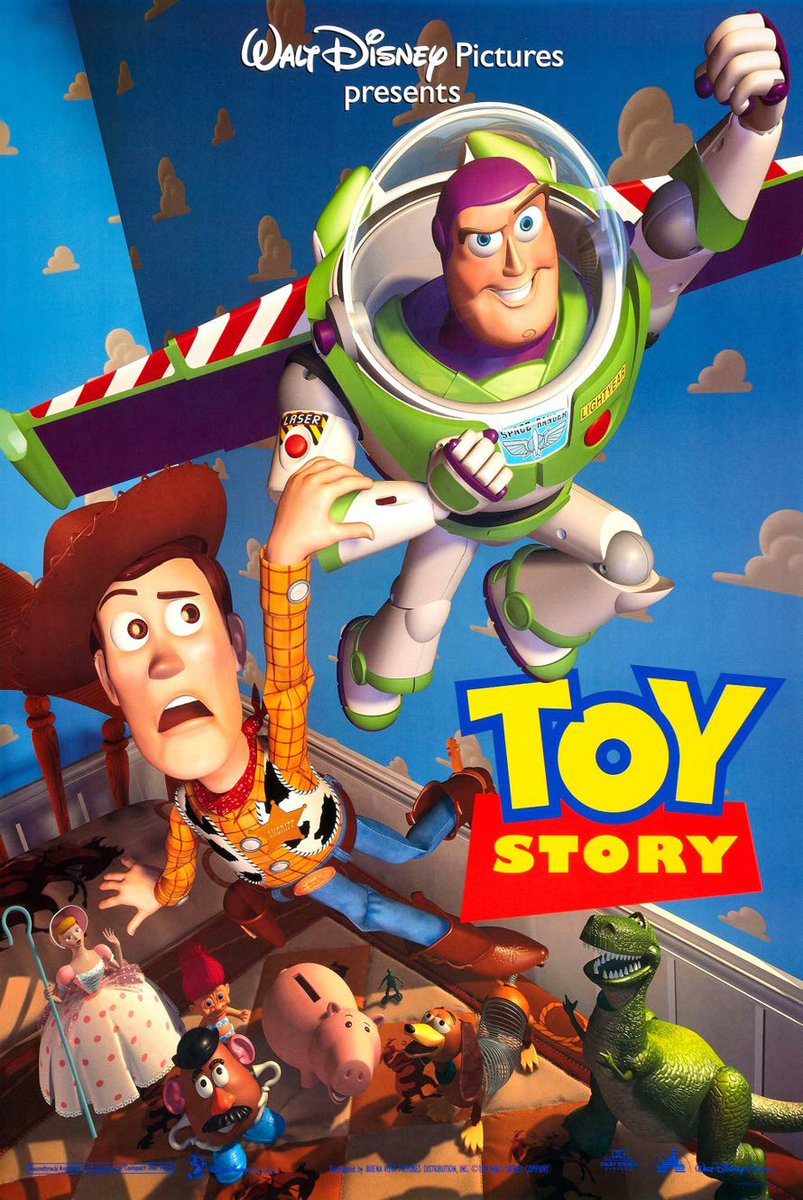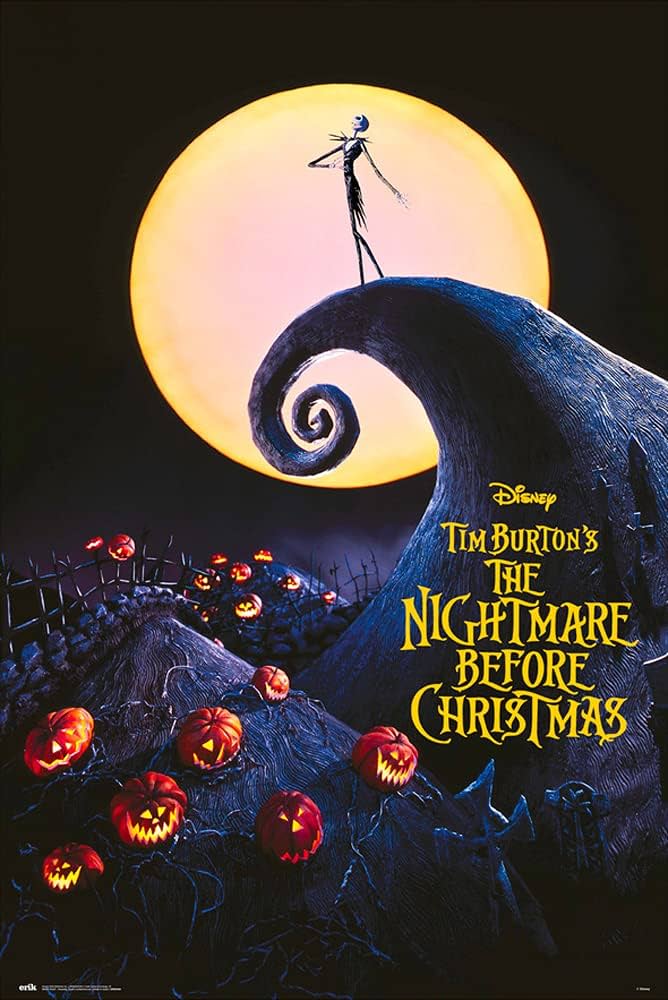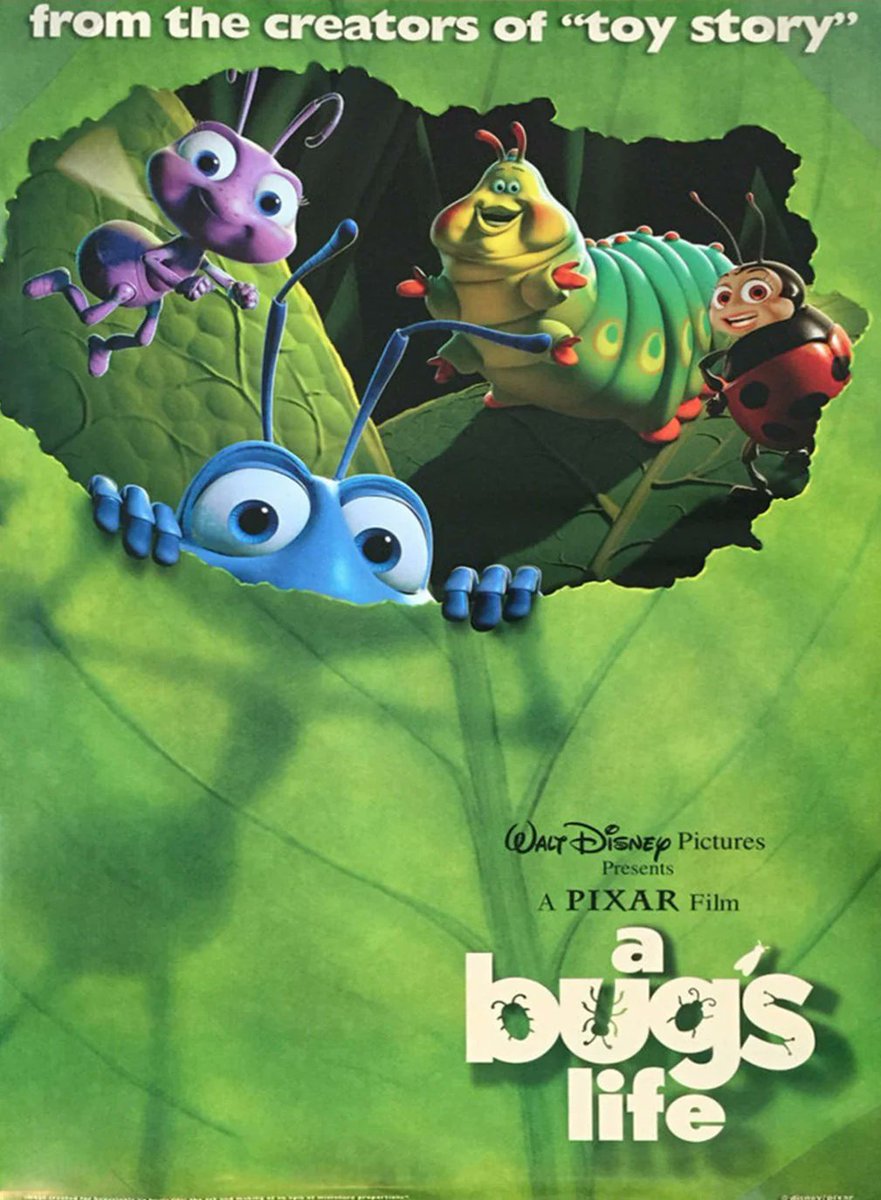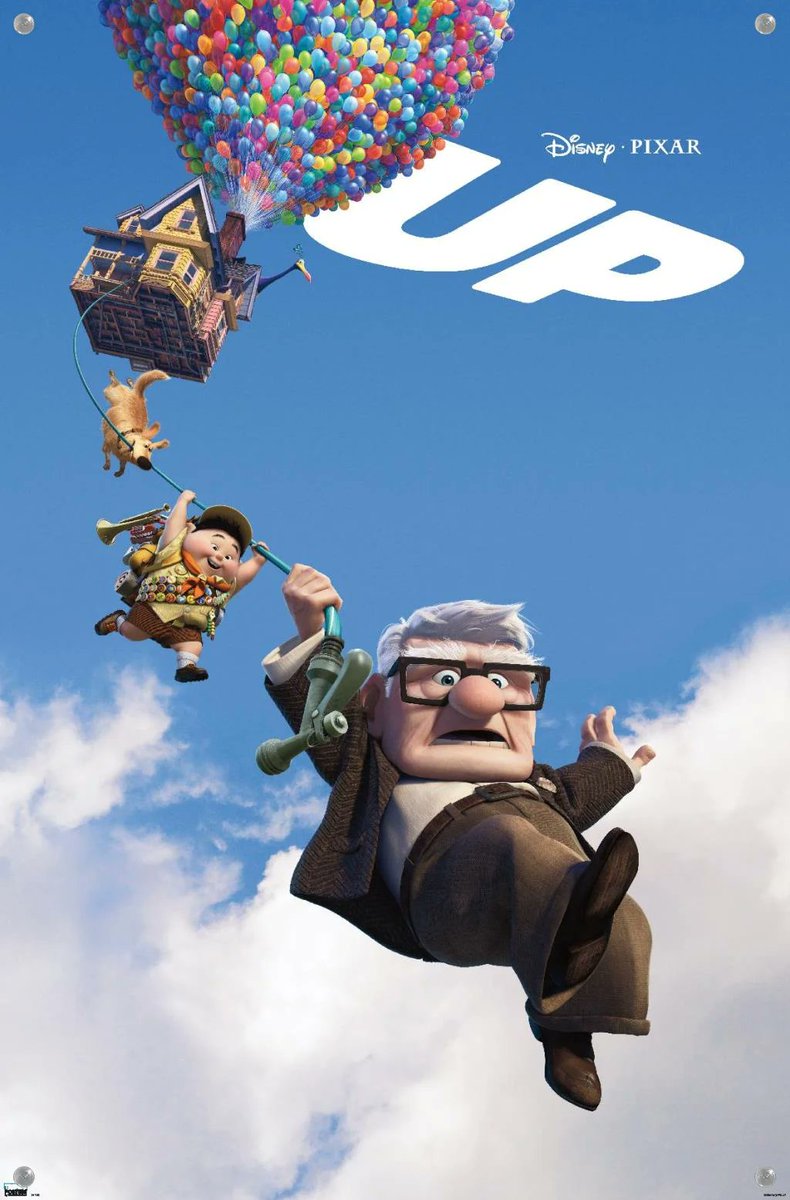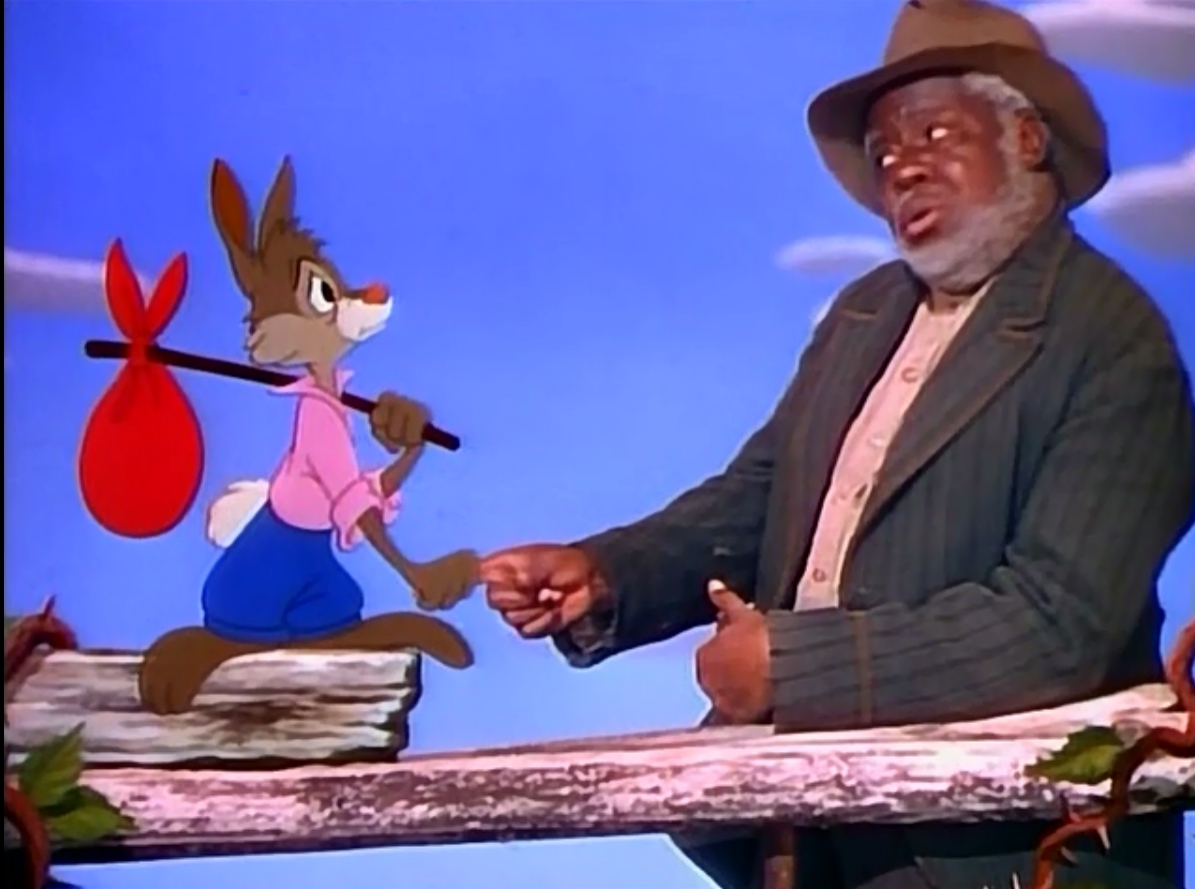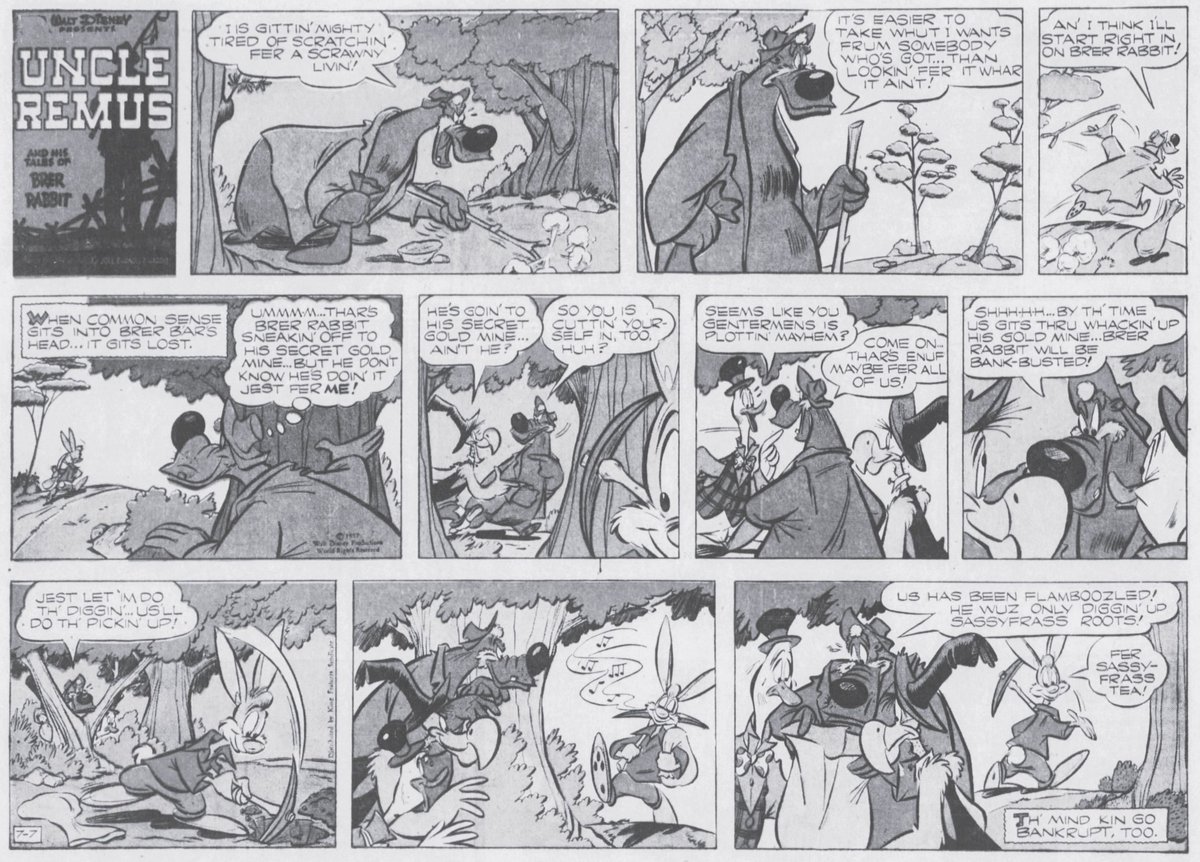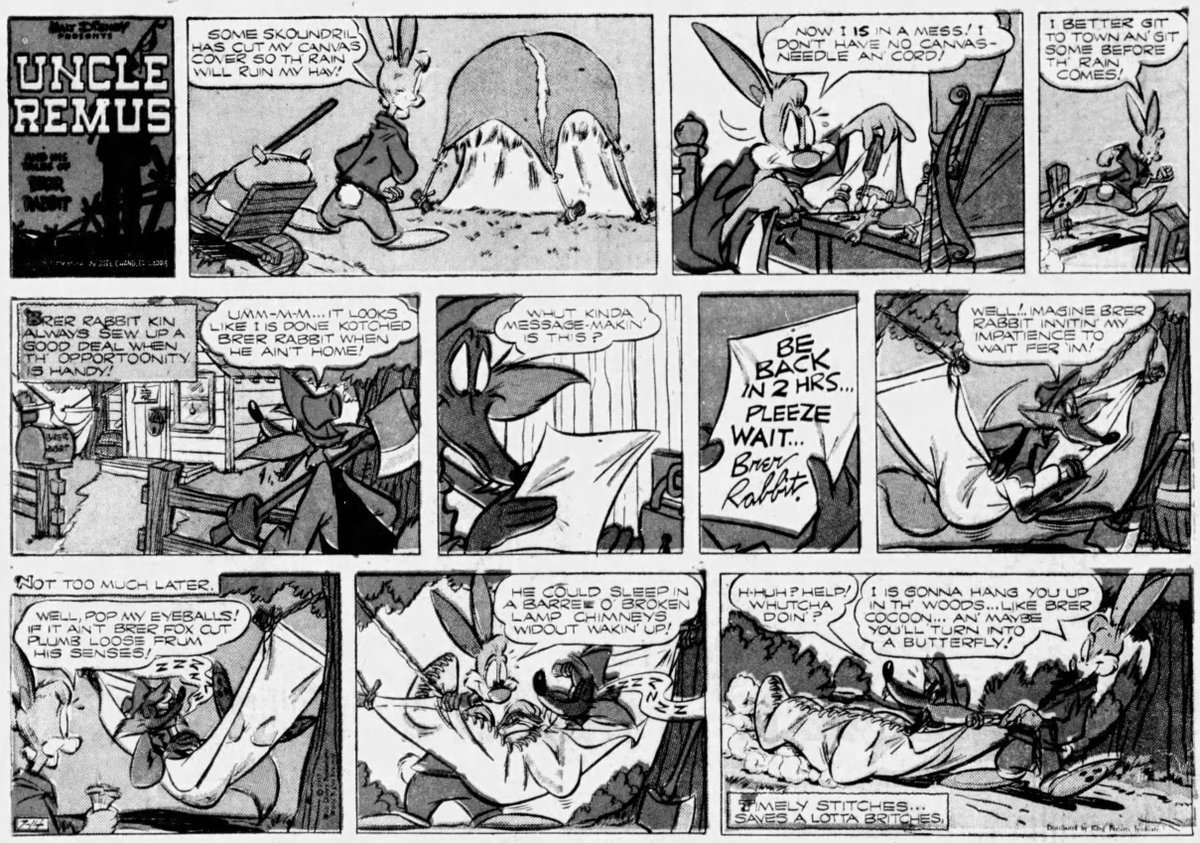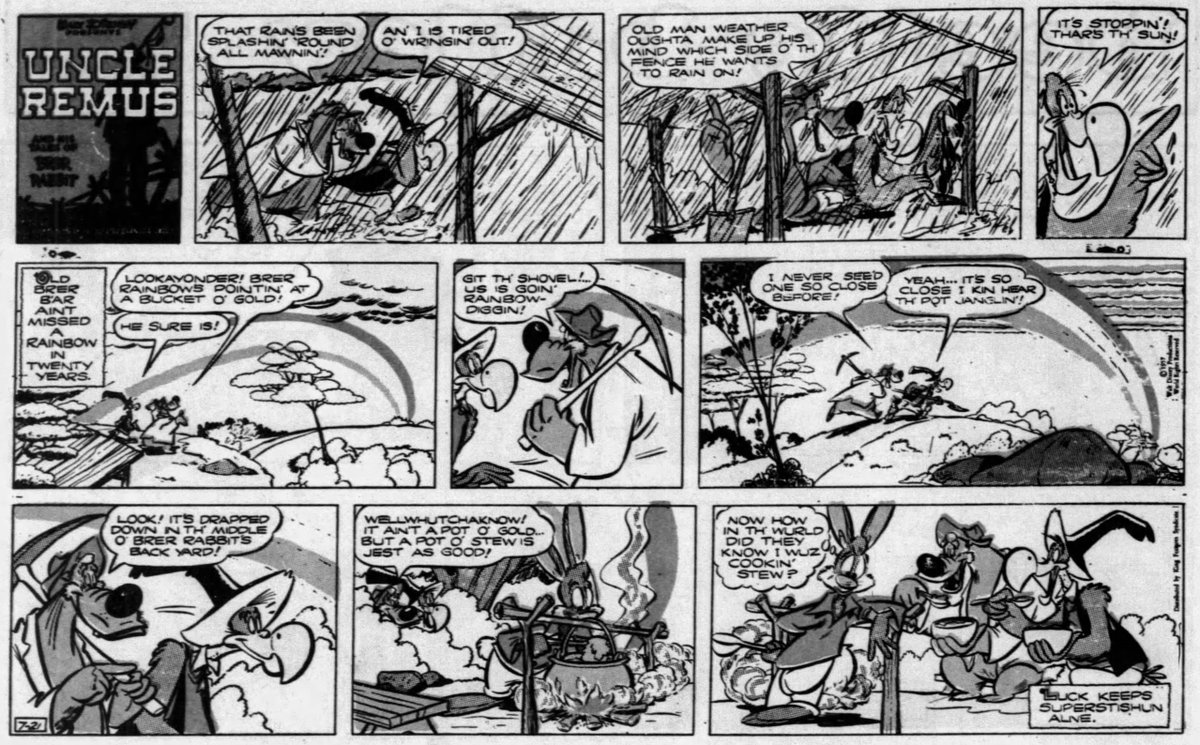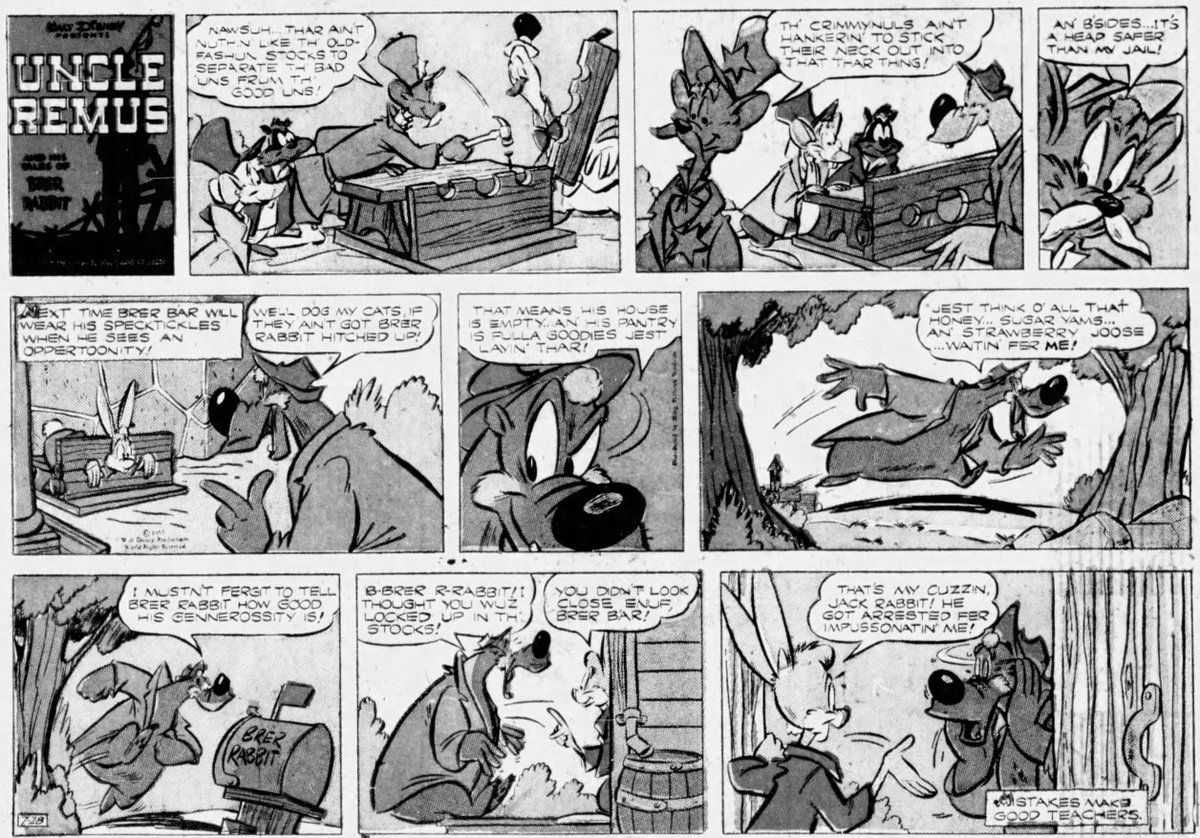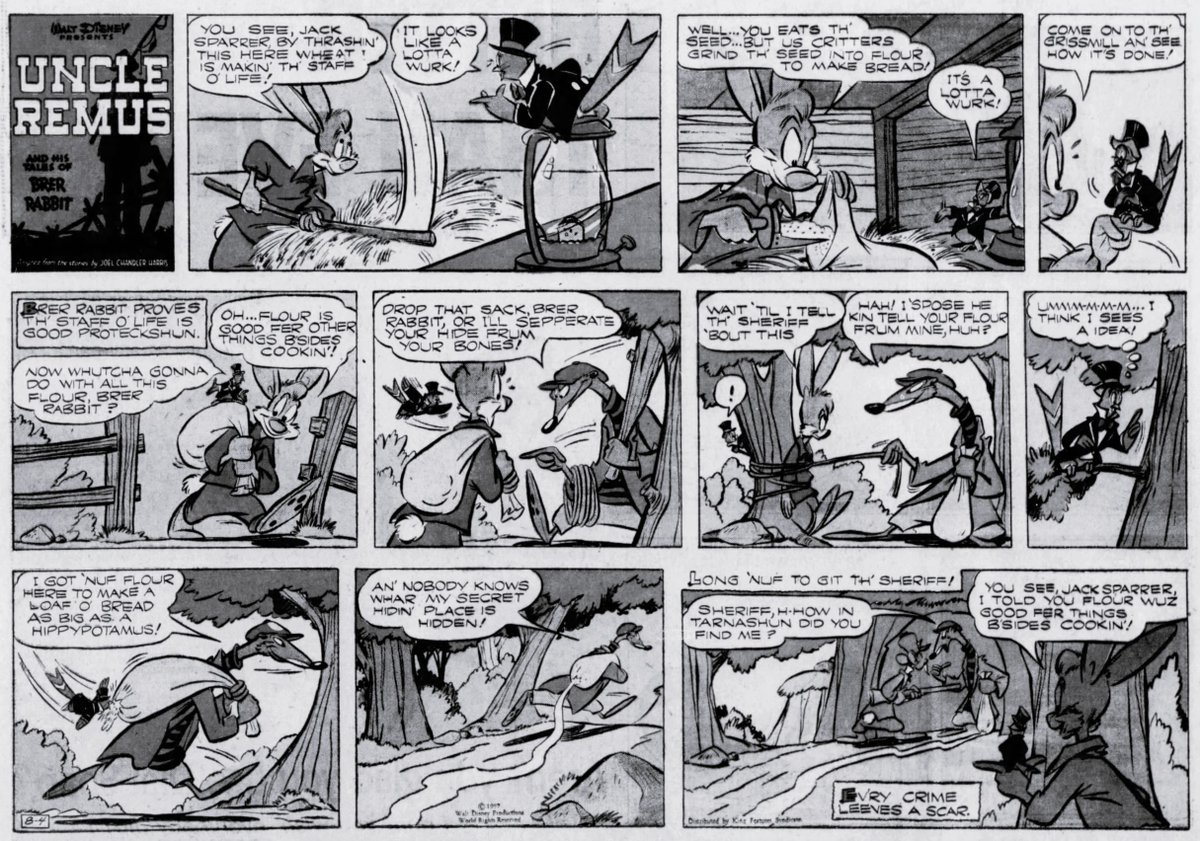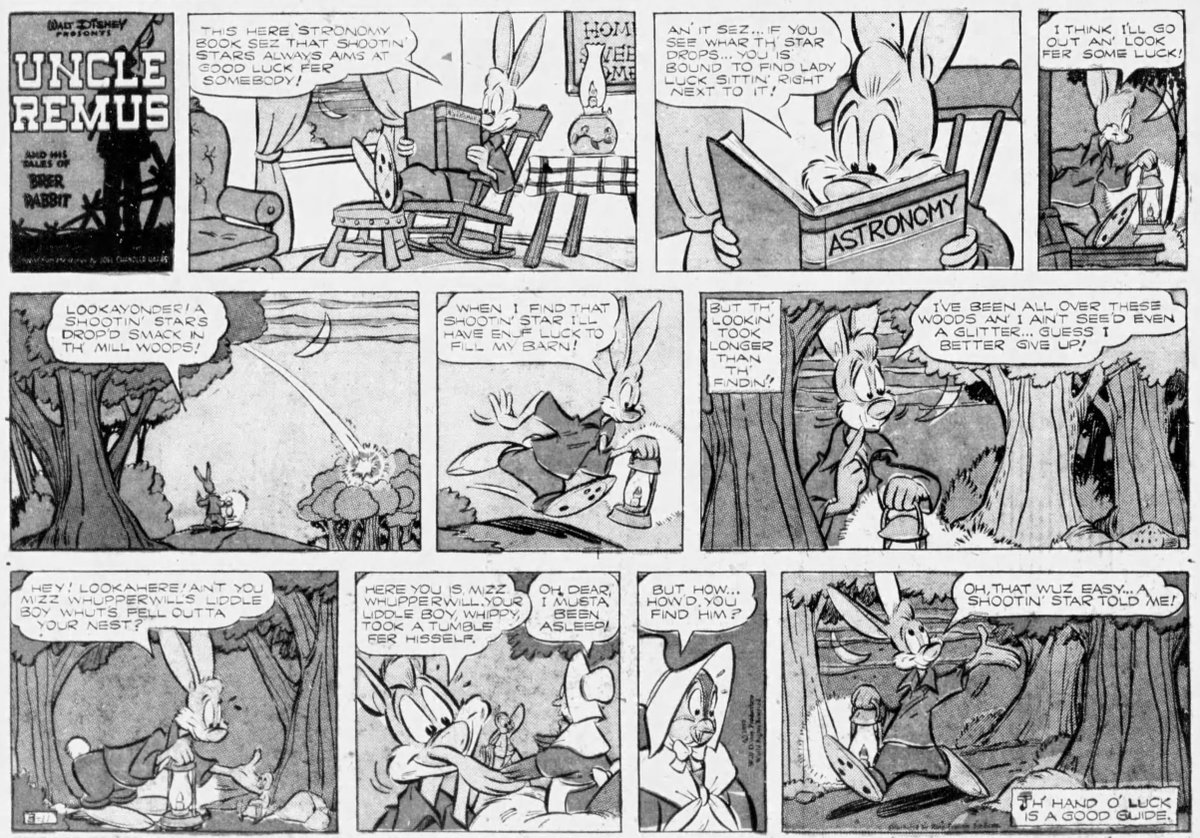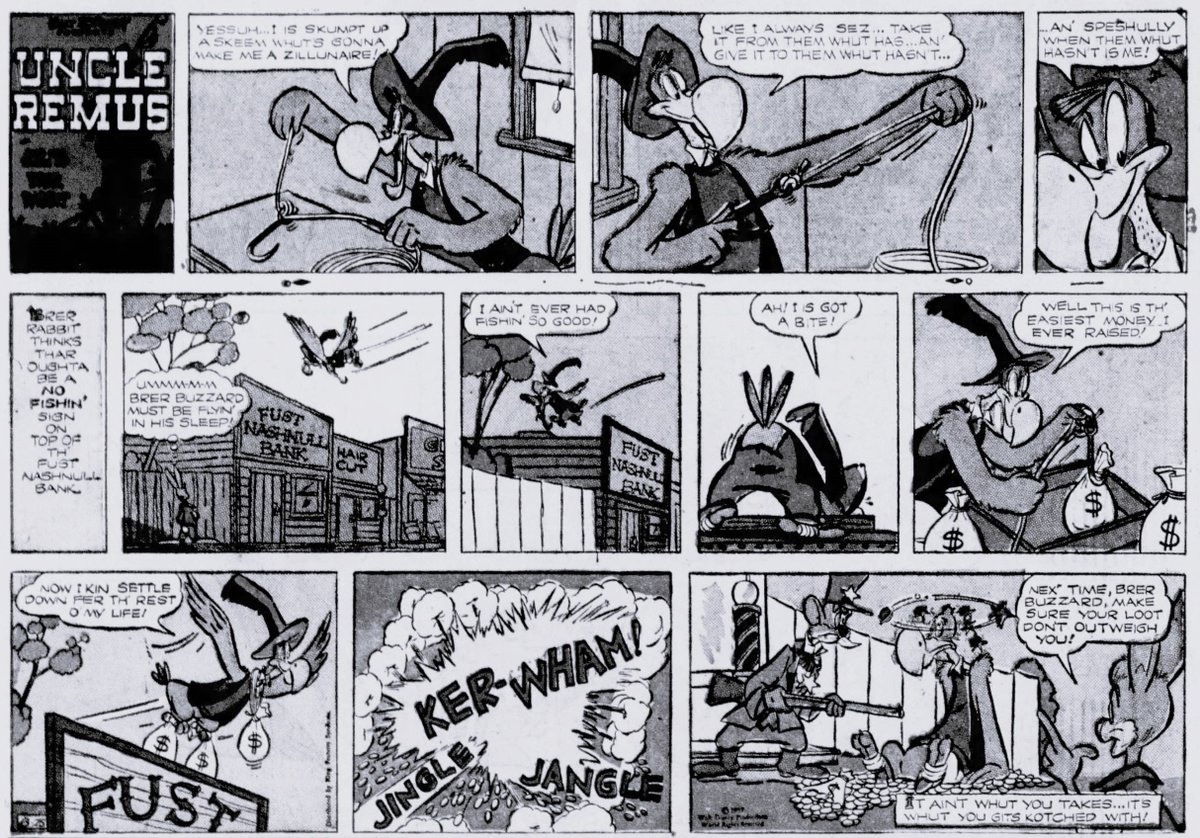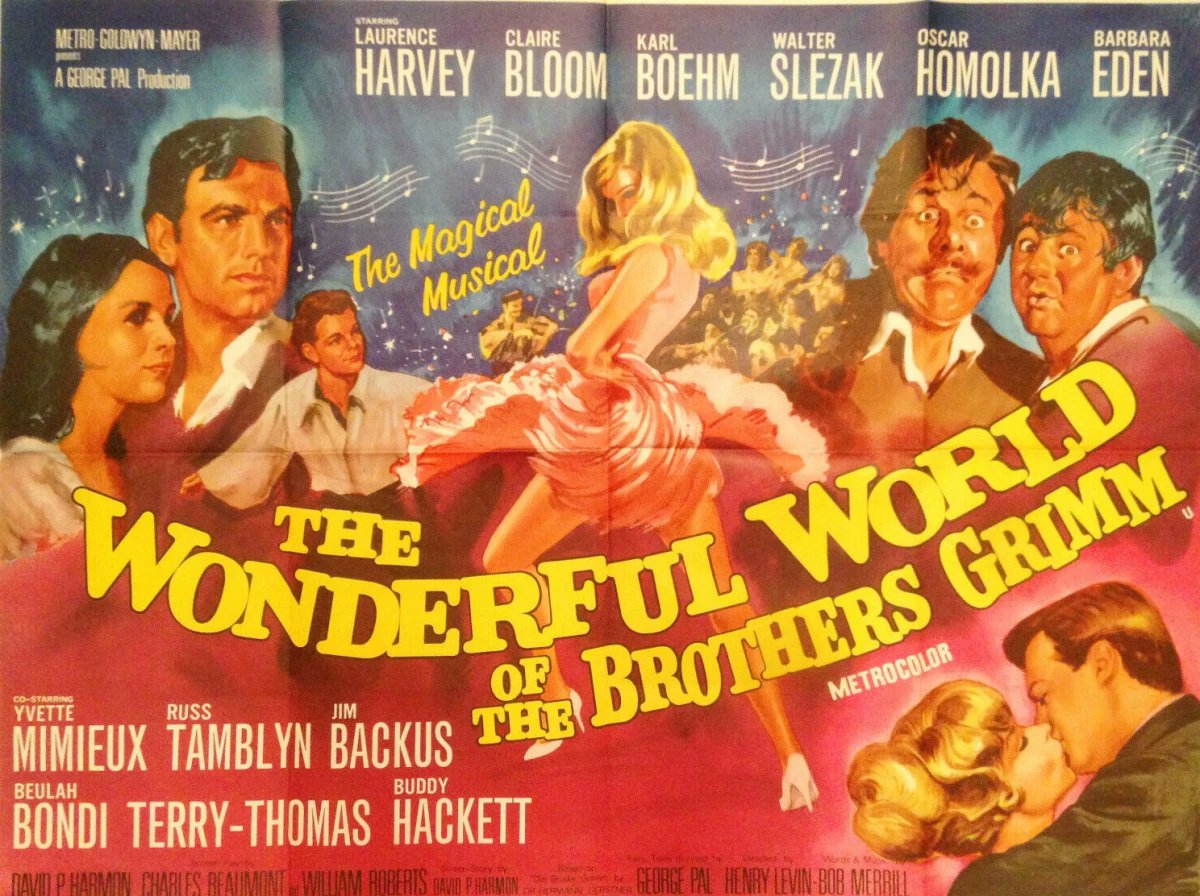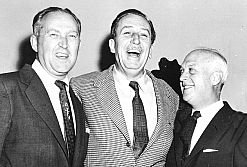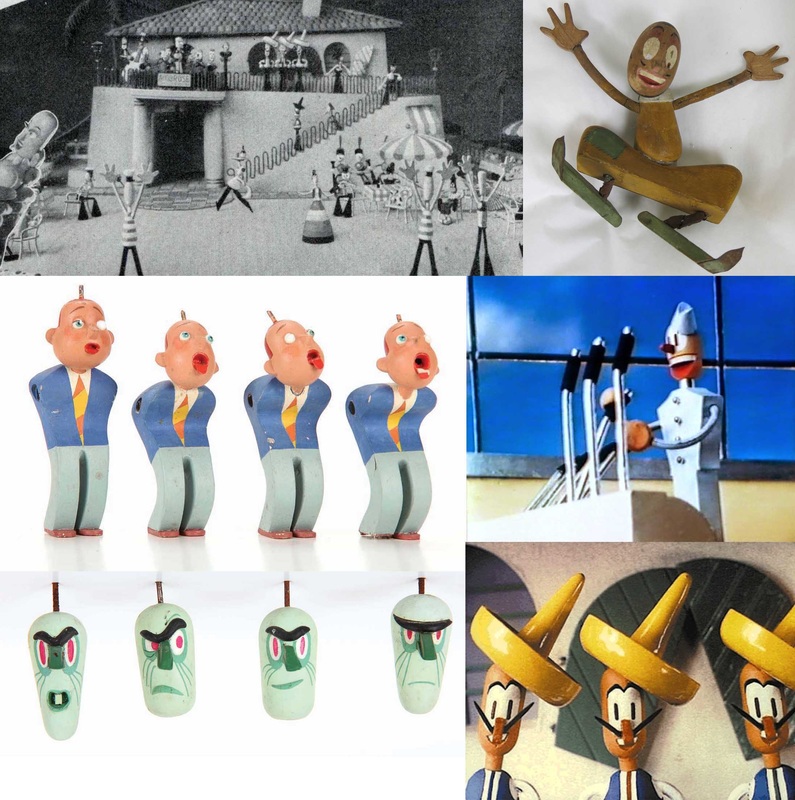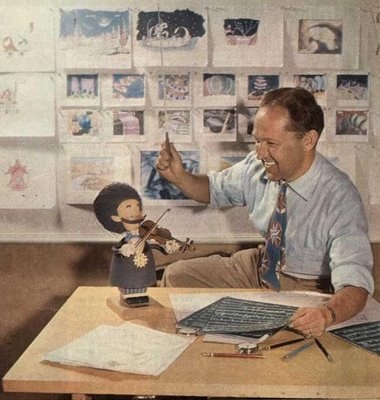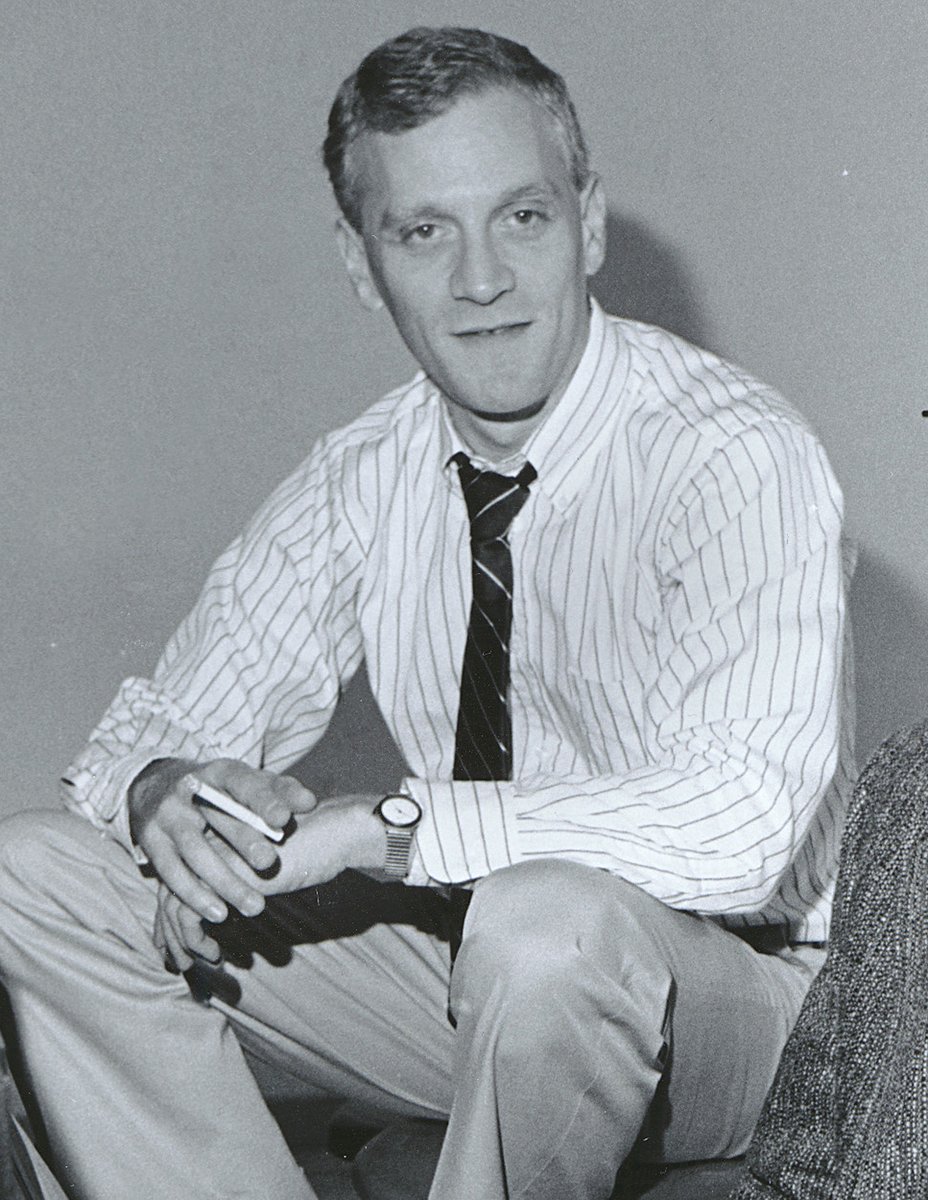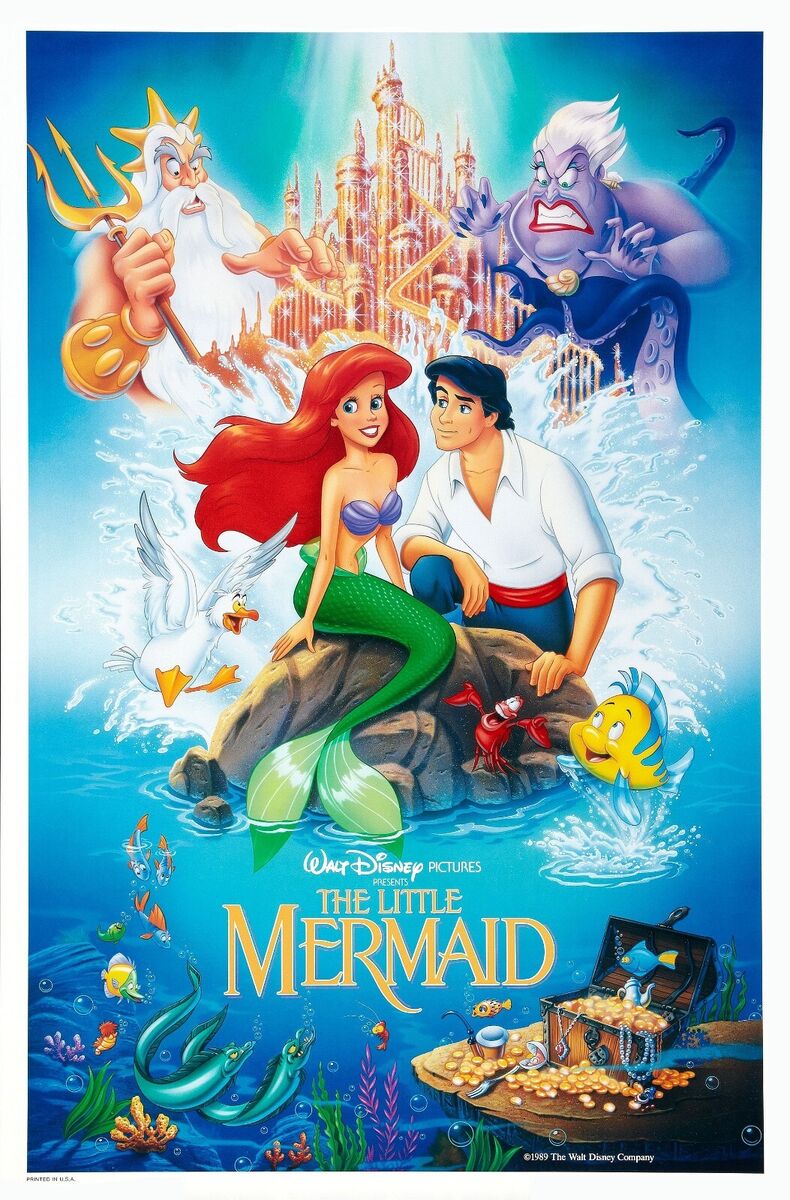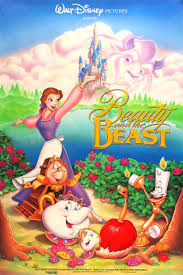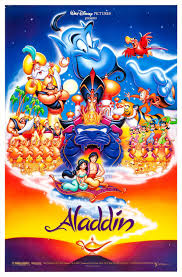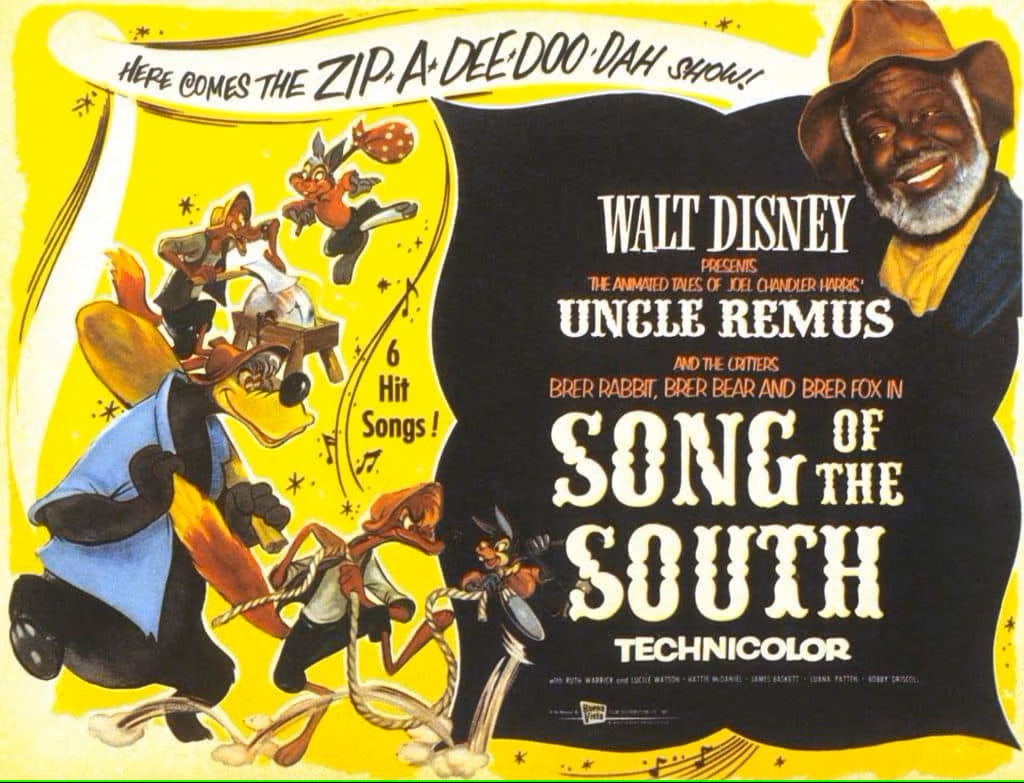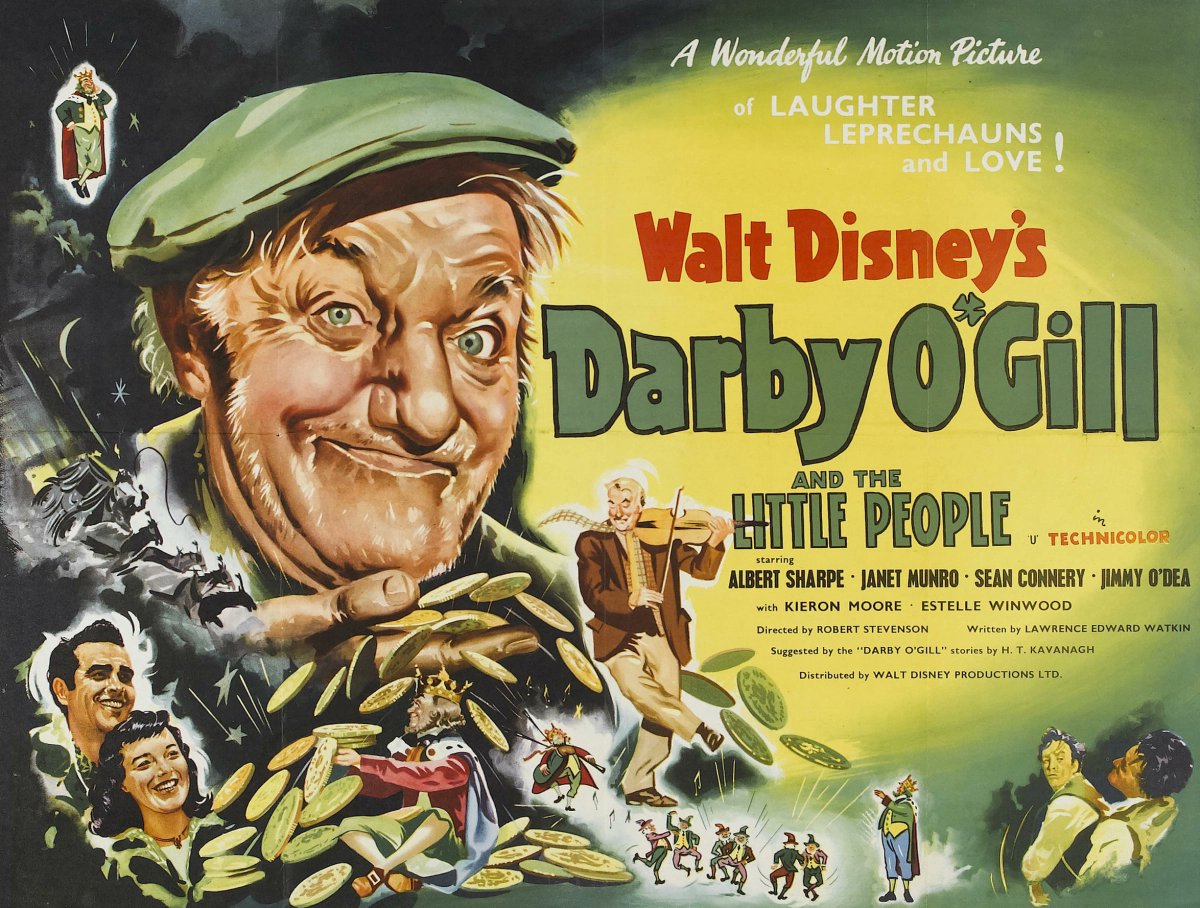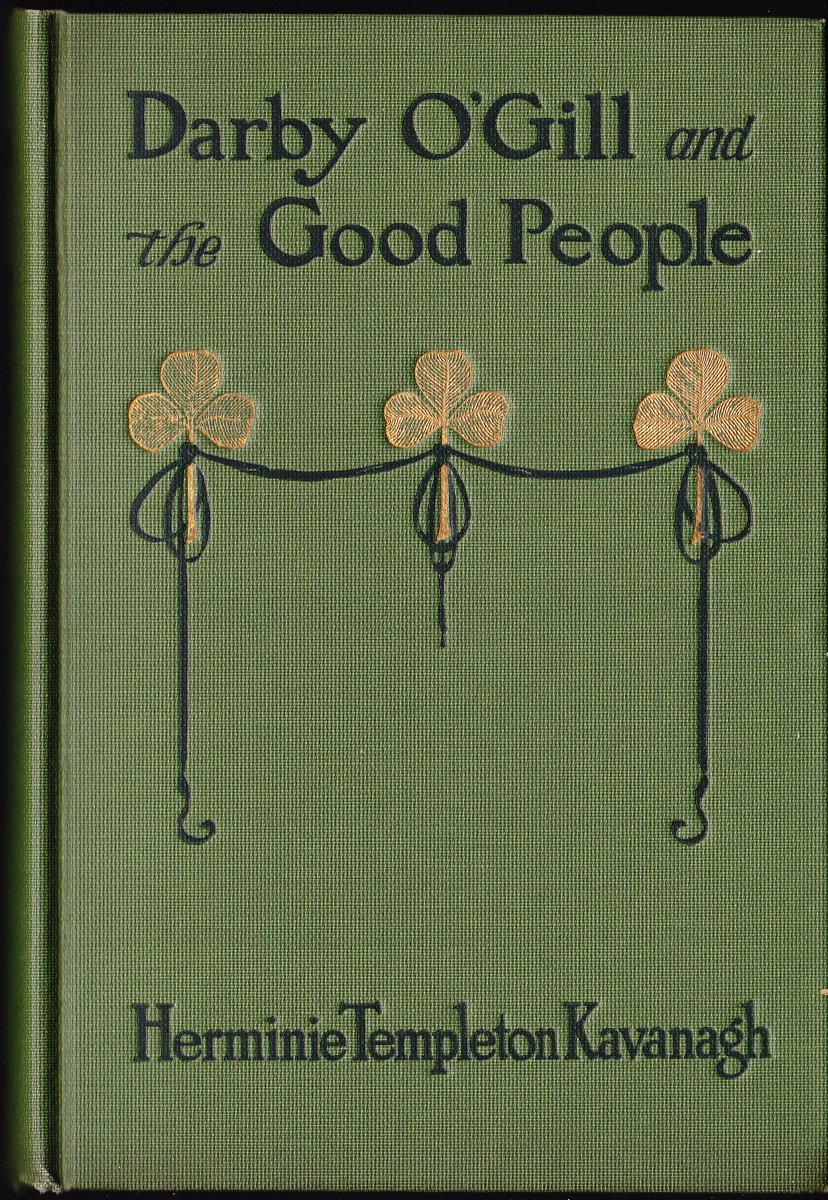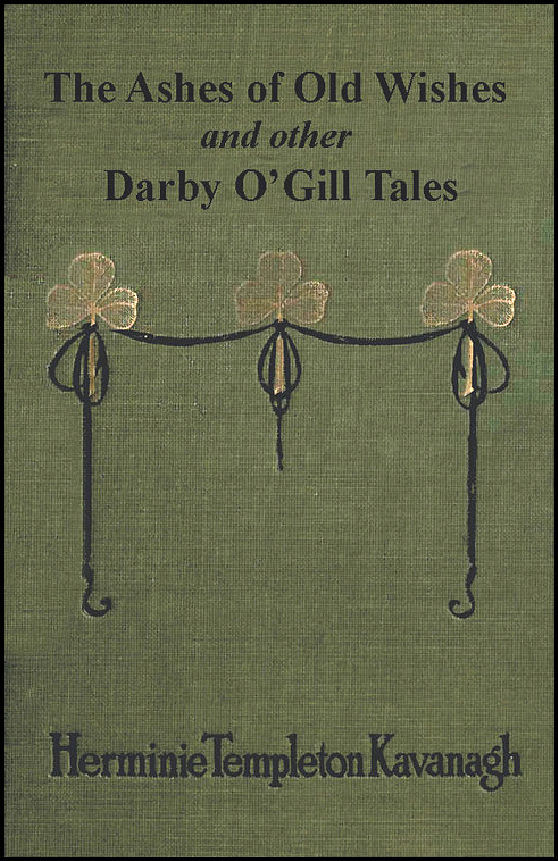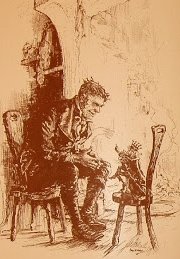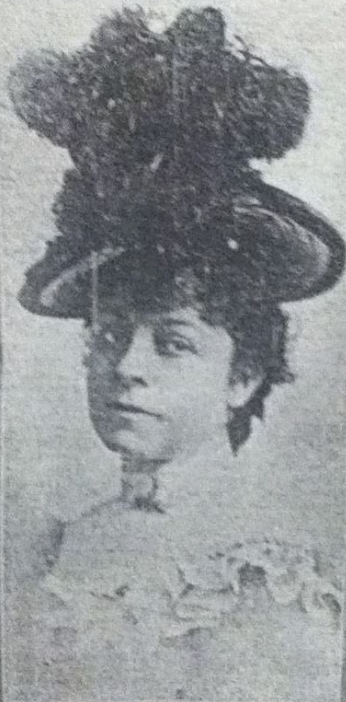1967's Cricket on the Hearth is the 2nd Rankin/Bass Christmas special. It aired as an episode of the Danny Thomas Show.Thomas was a devout catholic and his deep Christian faith is apparent through this special.He also founded St Jude Children's Hospital.
His daughter Marlo co-starred in this special and later appeared in her own Rankin/Bass TV Special, That Girl in Wonderland. She was starring in her own sitcom at the time Cricket aired, That Girl. This may be the only time they appeared together as father & daughter. 
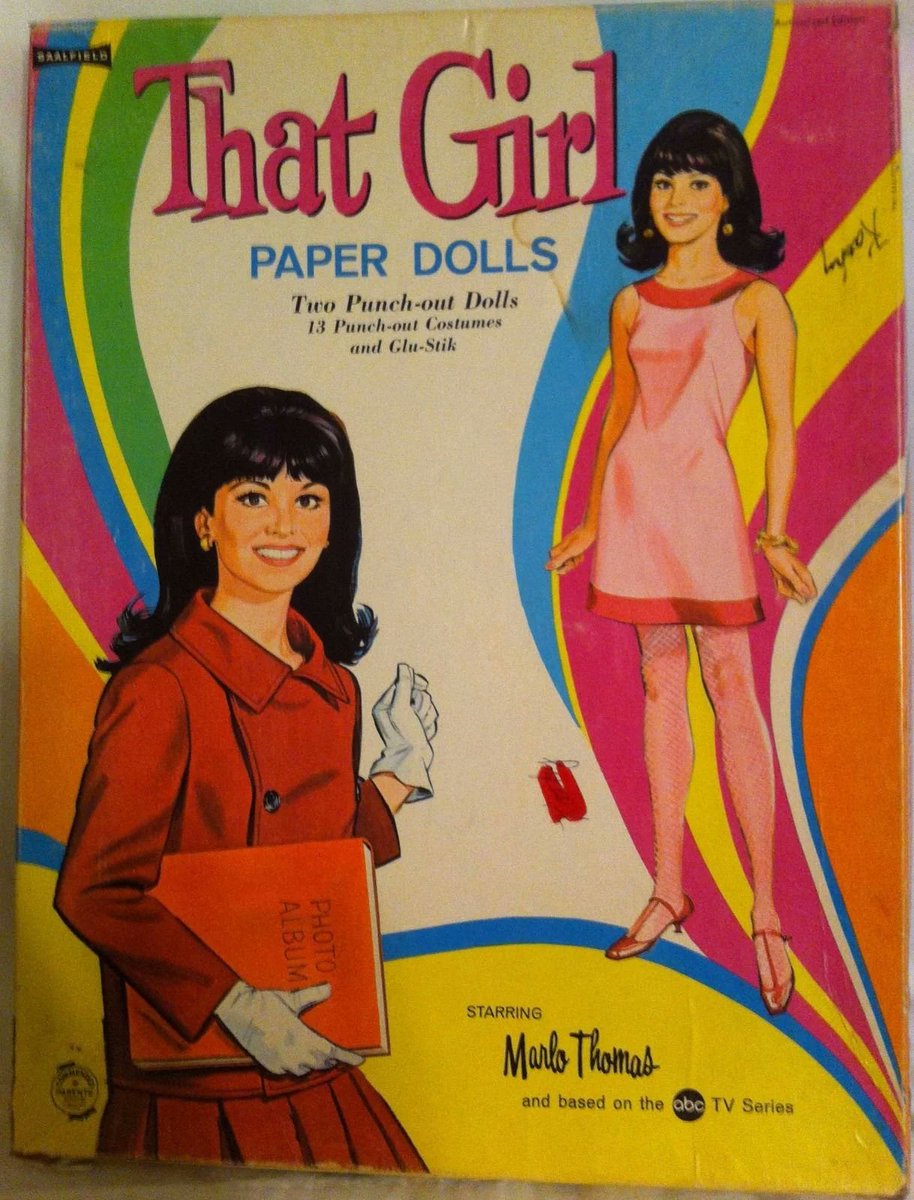
The source material is suggested by one of Charles Dickens Christmas novels of which there's 5.He also wrote dozens of Christmas short stories.These are often reprinted as Christmas Books and Christmas Stories. The story is a soap opera with a touch of fantasy. 

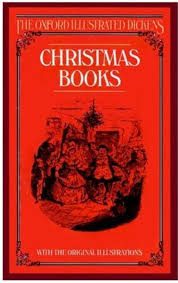
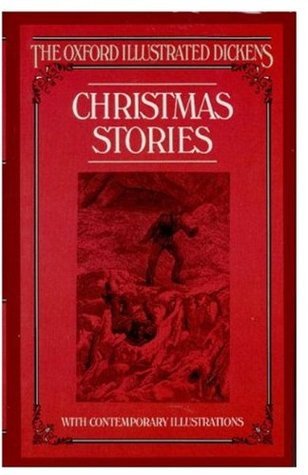
This is a deleted demo song from the special dubbed over the scene where it went compared with the final song. I don't know why it was changed but this gives you an example of how sometimes songs are rejected/replaced for musicals. They deal with the same story points.
This song is the centerpiece of the special. It was released as a single but never caught on. This was mainstream network TV in 1967. No one complained and no one was offended. Jesus was always the reason for the season in many of these fantasy Christmas specials.
This is the song on side B of the single with an image of the original cast album LP(although this song wasn't on the cast album.)This shows what a major production it was at the time because it had a cast album. No other Rankin/Bass special but Rudolph ever had a cast album.
Danny Thomas' devout catholic faith is all over this Christmas special. Take a look of the imagery in this sequence. Can you see a network Christmas special with content like this today?
Cricket on the Heart aired for a few years before it vanished from the growing glut of Christmas specials. It was later rediscovered & released to VHS in 1998 & is readily available on DVD but most people don't realize what it is. It's not great but shouldn't be forgotten.
• • •
Missing some Tweet in this thread? You can try to
force a refresh


